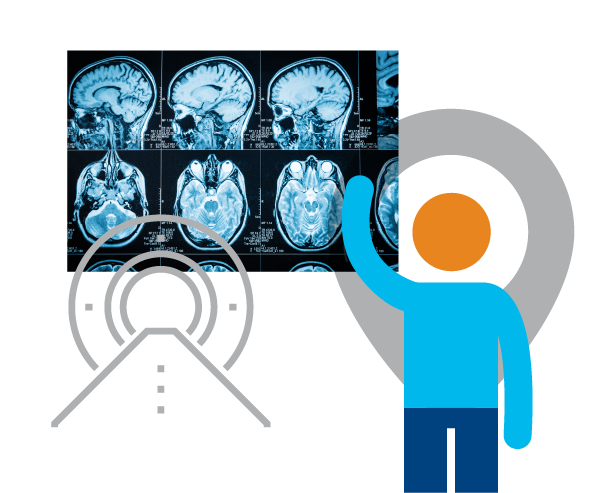Let's explore the safety of Nuclear Medicine.
First off, the radioactive substances used in Nuclear Medicine might sound intimidating, but fear not! These substances are carefully selected and administered by highly trained professionals. They’re tailored to target specific organs or tissues in your body, providing invaluable information to doctors about how they function.
Now, when it comes to safety, the doses of radiation used in Nuclear Medicine are remarkably low. They’re designed to minimise any potential risks while maximising the benefits for your health. Australian regulatory bodies like the Australian Radiation Protection and Nuclear Safety Agency (ARPANSA) set strict guidelines to ensure the safety of patients, staff, and the general public.
It’s like getting a backstage pass to your body’s inner workings! Nuclear Medicine allows doctors to see how your organs function, providing insights that other imaging techniques might miss. This means early detection of diseases like cancer, heart conditions, and neurological disorders, leading to more targeted and effective treatments.
Now, let's talk about the procedures themselves
Whether it’s a PET scan to visualise metabolic processes or a bone scan to examine bone disorders, these procedures are generally painless and non-invasive. You’ll be guided by compassionate healthcare professionals who prioritise your comfort and well-being throughout the process.
The beauty of Nuclear Medicine lies in its versatility. It’s not just about diagnosis; it’s a powerhouse in treatment too! Therapeutic procedures like radioiodine therapy for thyroid conditions or targeted radiation therapy for certain cancers have revolutionised how we combat these diseases.
Of course, as with any medical procedure, there are rare risks and side effects, but rest assured, the benefits far outweigh them. Your healthcare team will discuss these with you and address any concerns before proceeding.
In summary, Nuclear Medicine is safe. It’s about precision, early detection, tailored treatments, and a commitment to your well-being. So, if your doctor suggests a Nuclear Medicine procedure, embrace it as a valuable tool on your journey to better health. It’s a scientific marvel that’s making a profound difference in the lives of countless people every day.
Disclaimer: Please note, if you have any questions or reservations about an upcoming radiology scan, it is always recommended to consult with your healthcare provider, who can address your concerns directly. This is general information, not tailored to a specific individual. Please read our Terms and Conditions.








